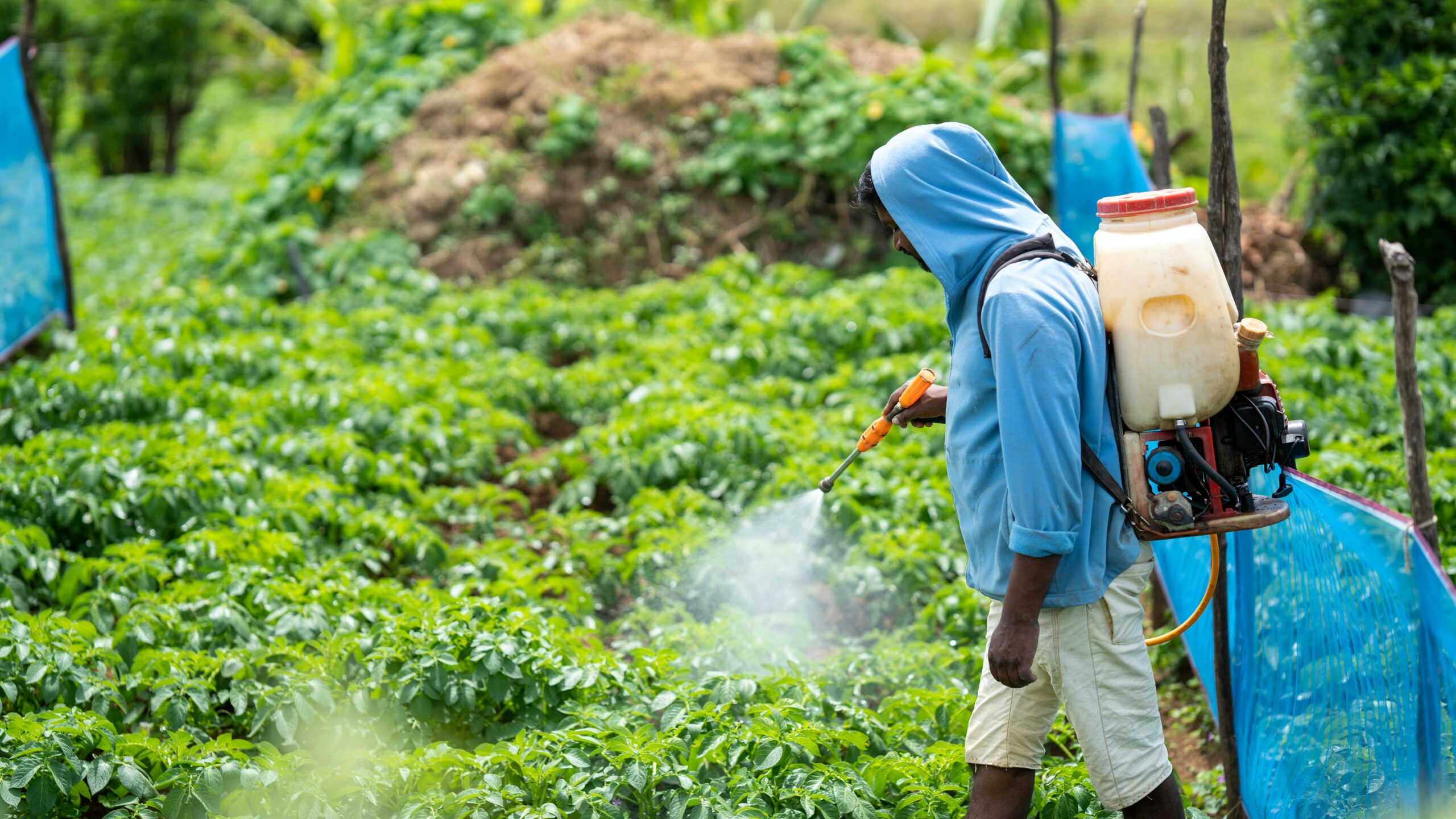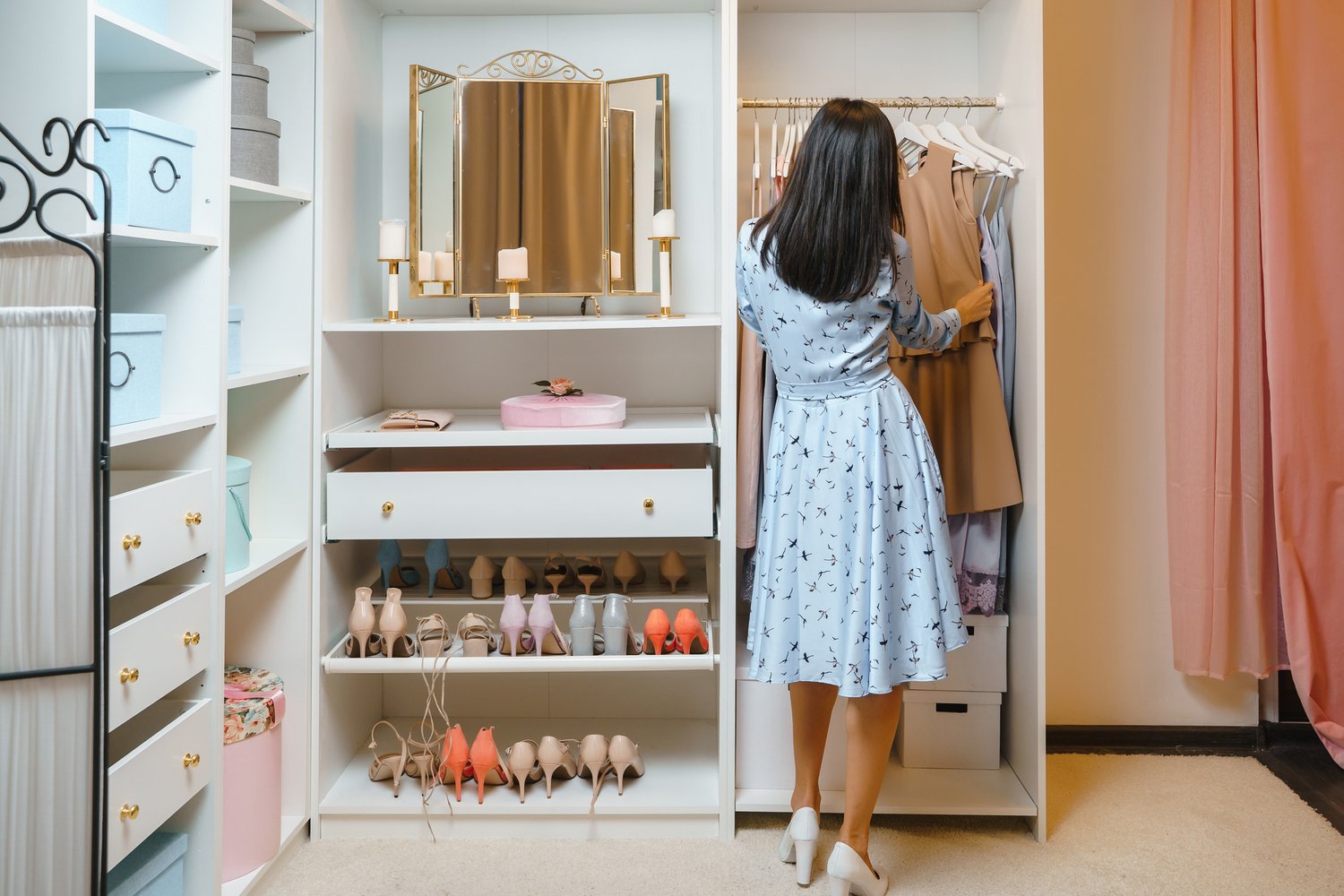Dealing with pests is an inevitable part of homeownership, but when you have pets, the challenge becomes more complex. Many traditional pest control methods contain chemicals that can be harmful or even fatal to your furry, feathered, or scaled companions. This comprehensive guide explores effective pet-safe pest control strategies that will help you maintain a pest-free home without endangering your beloved animals. From natural deterrents to pet-friendly commercial products and professional services, you’ll discover how to protect both your home and your pets from unwanted invaders.
Understanding the Risks of Conventional Pest Control
Conventional pest control products often contain chemicals like pyrethroids, organophosphates, and carbamates that can be toxic to pets. Dogs and cats, with their curious nature and tendency to explore their environments with their mouths and paws, are particularly vulnerable. Even if your pet doesn’t directly contact these substances, they may inhale residual fumes or absorb chemicals through their paw pads when walking across treated areas. This makes finding pet-safe pest control alternatives essential for any responsible pet owner.
The risks extend beyond direct exposure. Pets may consume insects that have been poisoned, leading to secondary poisoning. Additionally, some pets, especially cats, are extremely sensitive to essential oils commonly used in “natural” products, so not all natural solutions are automatically safe for all pets. This complexity is why many pet owners seek expert guidance on keeping pests out in pet-friendly ways.
Natural Pest Deterrents Safe for Homes with Pets
Natural pest deterrents offer effective solutions without the toxic chemicals found in conventional products. Diatomaceous earth, a powder made from fossilized algae, is harmless to mammals but deadly to insects with exoskeletons. Sprinkle it around entry points and in cracks where insects might enter. Food-grade diatomaceous earth is particularly safe around pets, though you should avoid creating dust that pets might inhale.
Vinegar solutions serve as excellent natural pest deterrents for pets and their owners. A mixture of equal parts white vinegar and water can deter ants, spiders, and other crawling insects when sprayed along baseboards and entry points. The scent dissipates quickly for humans but remains effective as a repellent. Similarly, citrus peels contain d-limonene, which naturally repels many insects. Placing these in strategic locations can help deter pests without introducing harmful chemicals.
Beneficial nematodes offer a fascinating biological control method for outdoor pests. These microscopic organisms target and kill fleas, grubs, and other lawn and garden pests without harming pets or wildlife. When applied to your yard according to package directions, they create a natural protective barrier against pests that might otherwise make their way into your home.
Pet-Safe Commercial Products for Effective Pest Management
When natural options aren’t enough, pet-safe commercial products can provide more targeted control. Non-toxic bug sprays for homes with pets have evolved significantly in recent years. Look for products specifically labeled as pet-safe, containing ingredients like sodium lauryl sulfate or plant-based active ingredients rather than harsh chemicals. These formulations are designed to be effective against pests while minimizing risks to mammals.
Bait stations offer another pet-friendly approach, as they contain the pesticide within a secure container that pets cannot access. Choose bait stations with sturdy, tamper-resistant designs and place them in areas your pets cannot reach. For flying insects, sticky traps without chemical attractants provide a non-toxic alternative to traditional fly paper or electronic zappers.
Some innovative companies now offer subscription services that deliver regular shipments of pet-safe pest control products tailored to your specific pest problems and pet situation. According to experts at AskHomey, these services can be particularly helpful for maintaining year-round protection against seasonal pest challenges while ensuring your pets remain safe.
Preventative Measures for Long-Term Pet-Friendly Pest Control
The most effective pet-safe pest control strategy begins with prevention. Seal cracks and crevices around your home’s foundation, windows, and doors with pet-safe caulk to physically block pest entry. Install door sweeps and repair damaged window screens to create additional barriers while maintaining proper ventilation.
Maintaining cleanliness is equally important. Store pet food in sealed containers rather than open bags, clean up food crumbs promptly, and wash pet bedding regularly to eliminate attractants. For outdoor areas, keep your yard well-maintained by trimming vegetation away from your home’s foundation and eliminating standing water that can attract mosquitoes and other pests.
Consider your landscaping choices as well. Certain plants naturally repel insects while being safe for pets. Catnip, rosemary, basil, and mint can all help deter pests while adding beauty to your garden. Just verify that any plants you add are non-toxic to your specific pets before introducing them to your landscape.
When to Call a Professional Pet-Safe Exterminator
Sometimes, despite your best efforts, professional intervention becomes necessary. Severe infestations or dangerous pests like wasps or raccoons may require expert handling. When selecting a professional pet safe exterminator, ask specifically about their pet-friendly protocols. Reputable companies will offer integrated pest management approaches that minimize chemical use and focus on the least toxic effective solutions.
Before any professional treatment, discuss your pets’ species, ages, and any health concerns. Some treatments may require temporarily removing pets from the home, so plan accordingly. After treatment, ensure all surfaces are dry and well-ventilated before allowing pets to return, and follow any additional safety instructions provided by the service.
For more tips and to connect with reliable home service professionals, follow AskHomey on Facebook and Instagram.



